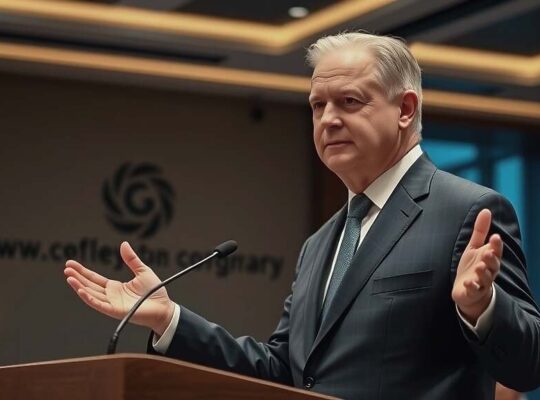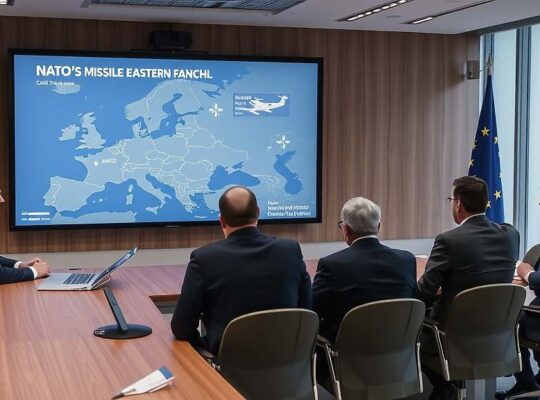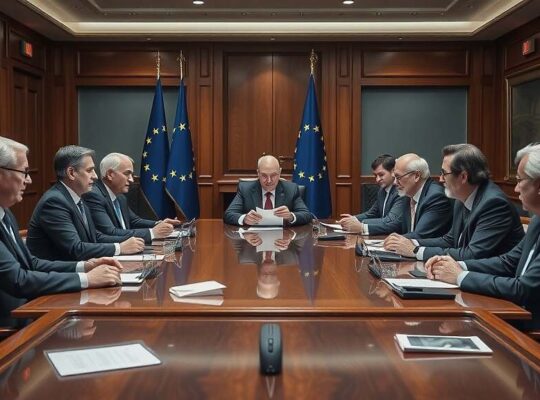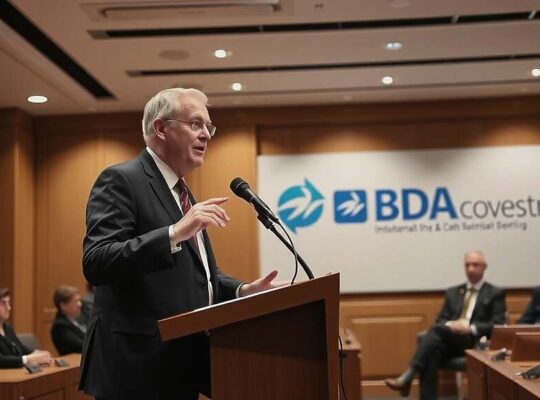Amazon Web Services (AWS), the dominant force in cloud computing, is navigating a landscape of surging demand for artificial intelligence while simultaneously attempting to assuage concerns about a potential speculative bubble and manage complex geopolitical considerations. Matt Garman, CEO of AWS, acknowledged the immense and sustained interest in AI technologies, dismissing current market enthusiasm as a bubble despite its rapid expansion.
The company’s relationship with OpenAI, the creator of ChatGPT, is a key element in this strategy, underpinned by a new, specialized cloud offering tailored for European clients. Critically, this bespoke service is designed to operate in a manner that safeguards it from potential access by U.S. authorities, a tacit recognition of growing anxieties surrounding American data control and sovereignty within Europe. This move could signal a significant shift in AWS’s approach, attempting to reassure European partners wary of American influence.
AWS’s escalating investment underscores the intensity of the AI race. Amazon is currently allocating approximately $100 billion this year, overwhelmingly directed towards AI-specific chips and the construction of vast data centers. This dwarfs the investment of most competitors, pointing towards a strategy of preemptive market dominance. Garman indicated that these expenditures are only anticipated to accelerate, forecasting even larger outlays by 2026.
The insatiable appetite of AI infrastructure is presenting a new challenge: energy consumption. Recognizing this, Garman has publicly endorsed nuclear power as a crucial element in the long-term energy solution, a stance that diverges from some prevailing environmental narratives. In the short to medium term, he argues for increased reliance on natural gas power plants to meet immediate demand, highlighting the logistical quandaries inherent in rapidly scaling AI operations. The sheer scale of the energy requirements creates an undeniable dependency on fluctuating global resources and a potential source of political vulnerability for AWS and its parent company.
Furthermore, Garman emphasized maintaining a “very good relationship” with the administration of former U.S. President Donald Trump. This assertion, delivered at a time of heightened geopolitical tension and increasingly scrutinised technology-nation relationships, hints at an ongoing effort to navigate complex political dynamics and ensure continued operational flexibility amidst evolving regulatory landscapes. Whether this relationship aids or hinders AWS’s future strategy remains to be seen.












